Voting for a madman.
His quest for absolute power had begun years earlier.
Probably sometime after November 1918.
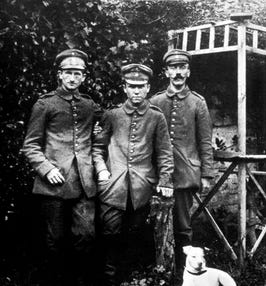
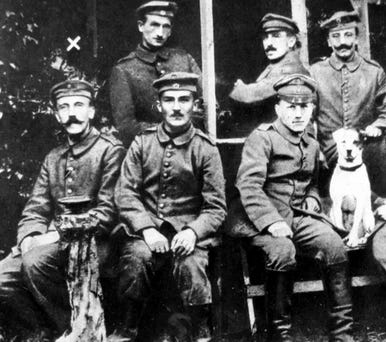
Hitler was then an embittered soldier in Germany’s defeated army.
He was temporarily blind from a mustard gas attack suffered near Ypres, on the Western Front, in the waning days of World War I.
And, as he recovered, he learned of the German government’s capitulation to the punitive demands of the victorious Allied powers.
One British delegate to the Versailles Peace Conference summarized the peace terms this way:
“We shall squeeze the German lemon until the pips [seeds] squeak!”
And squeak they did.
Postwar Germany collapsed.
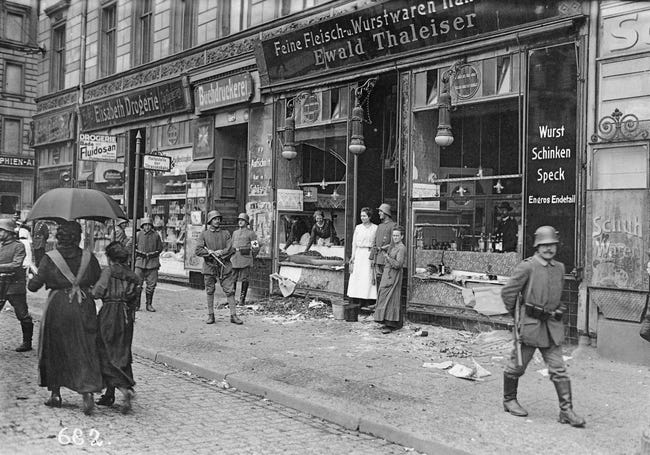
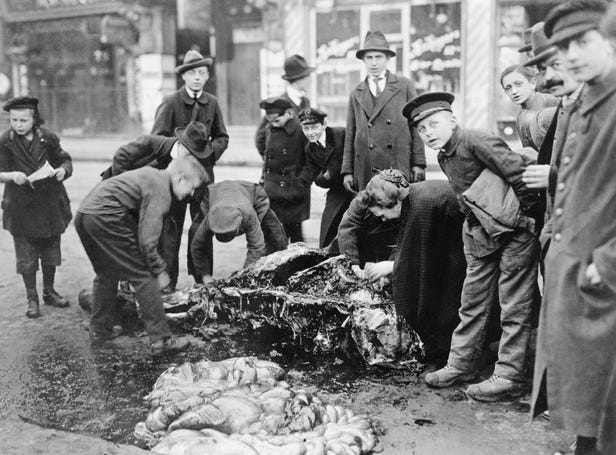
The German political and economic devastation became Hitler’s springboard to power.
And ninety years ago today, his rise to absolute power was complete.
On August 19, 1934, ninety percent of German voters approved a referendum which made Hitler the absolute dictator of Germany.
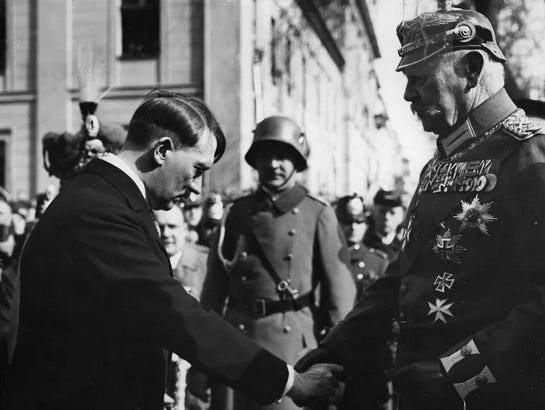
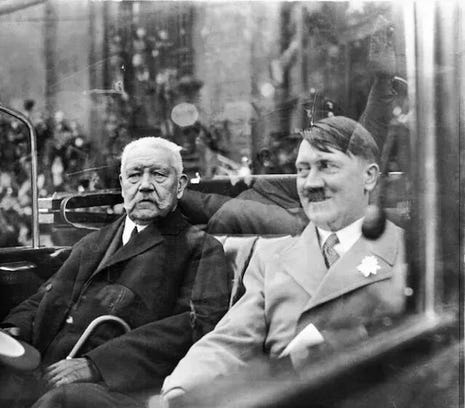
The referendum vote was the culmination of a plan which had been set in motion in January 1933, when the eighty-five-year-old German President, Paul von Hindenburg, had appointed Hitler the German Chancellor.
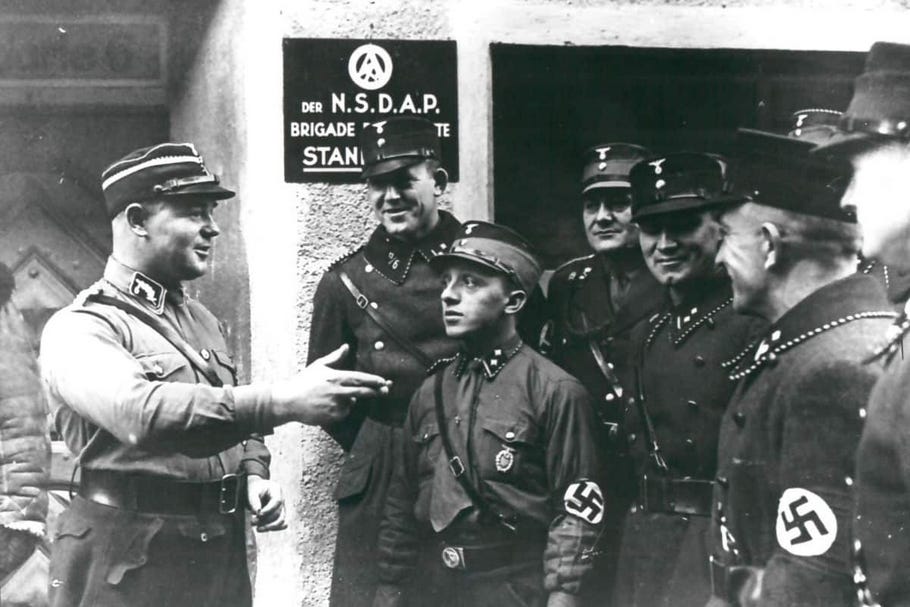
Eighteen months later, as Hindenburg hovered near death, Hitler had ordered the extrajudicial killing of 150 political opponents in a three-day killing spree known as “The Night of the Long Knives.”
Political parties other than the Nazi party [National Socialist German Workers’ Party] were banned.
When Hindenburg’s death came on August 2, 1934, Hitler assumed presidential power.
The August 19 referendum made Hitler’s grab of Hindenburg’s presidential powers official, with voters voting “yes” to the consolidation of the powers of the German president and chancellor in a single office.
Hitler then abolished the title of president and declared he was the German "Führer and Reich Chancellor."
He was the absolute dictator of Germany, with no legal or constitutional impediments to his authority.
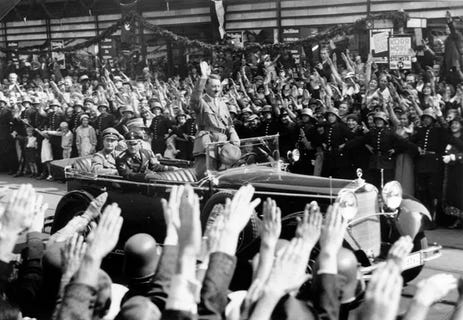
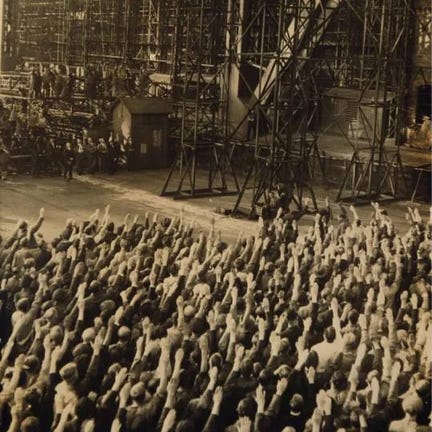
But the vote was tainted.
Nazi storm troopers had been present at some polling stations.
Groups of people had been forcibly escorted to the polls.
In some neighborhoods, polling stations were removed.
Some ballots were pre-marked with a “yes” on the referendum question and some “no” votes were counted as “yes.”
And in some precincts, there were more votes cast than there were registered voters.
But, even taking these factors into account, historians say the referendum reflected Hitler’s broad support among the German people.
Years later, after Germany was again defeated in a world war, the victorious Allied powers would point to this broad popular support as justification for their ‘denazification’ program.
‘You, and not just your government, are responsible for Nazi crimes,’ the Allies said.
‘This is what your vote for Hitler has cost the world.’
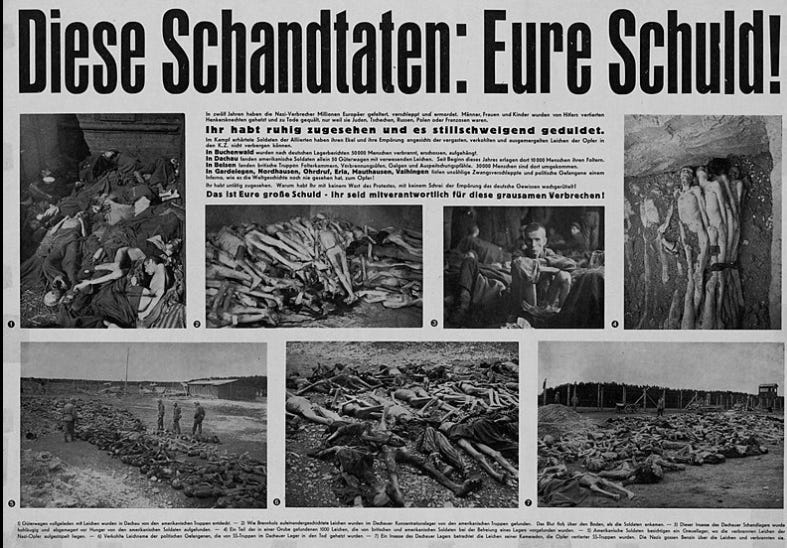
No one who knows this story would ever consider voting for a madman.
******************************
I’ll see you tomorrow.
— Brenda





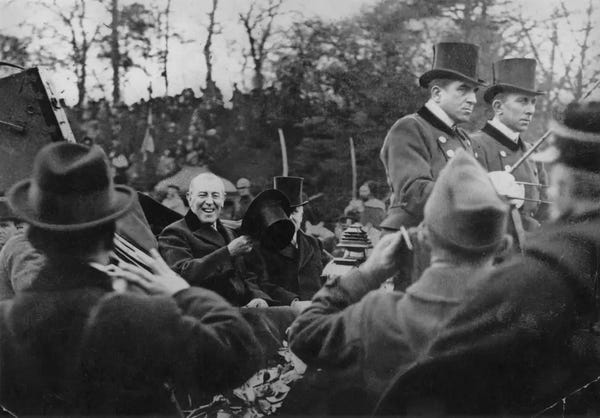
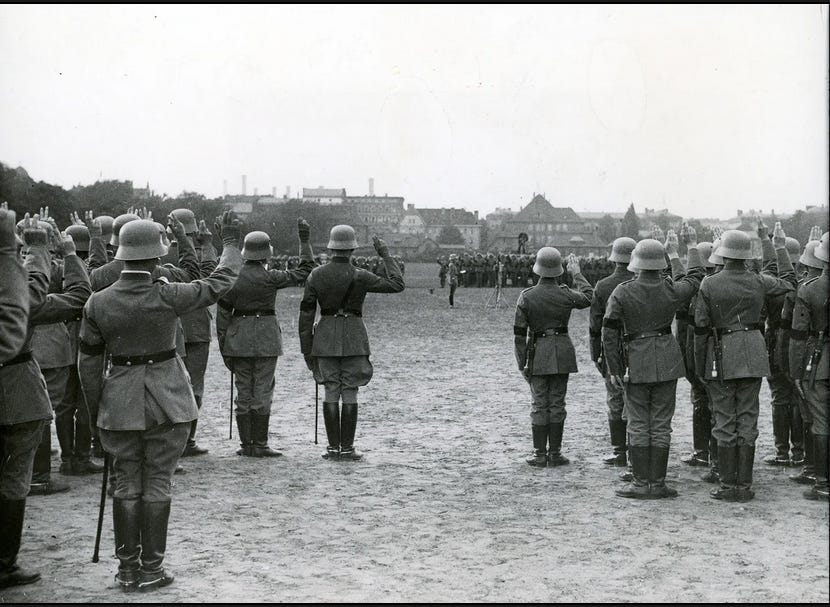
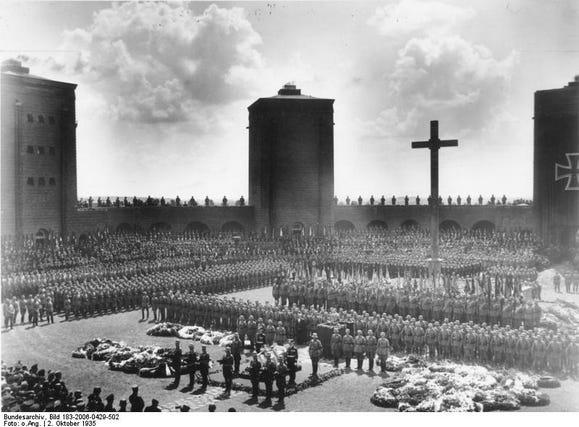
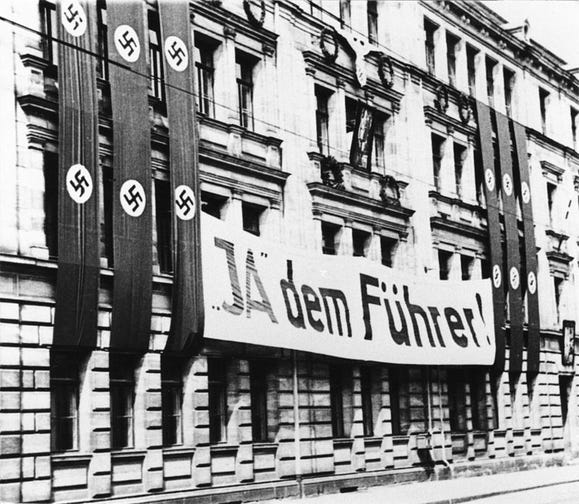
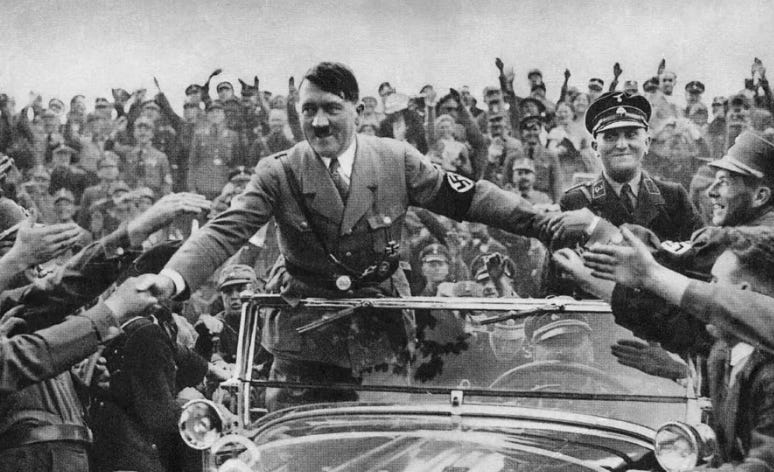









Share this post